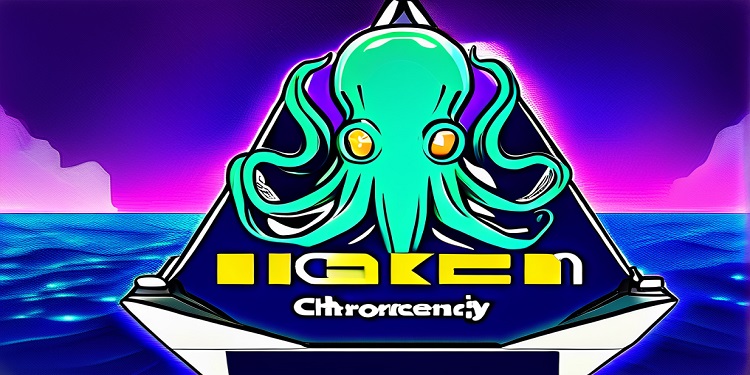Kraken, one of the oldest cryptocurrency exchanges, has announced plans to launch its own blockchain platform, known as “Inc,” early next year. Blockchain is designed to support a variety of decentralized applications (dApps) that aim to facilitate the trading, borrowing, and lending of tokens without relying on intermediaries. The move marks Kraken’s entry into the growing field of proprietary blockchain, which many crypto exchanges are leveraging to increase user engagement and increase revenue.
An innovative blockchain inspired by the success of decentralized finance
Ink’s development is inspired by the success of other decentralized finance (DeFi) platforms, particularly Coinbase Global Inc.’s Base, which has rapidly risen to prominence since its launch over a year ago. The platform has played a key role in Coinbase’s growth, with the release of new apps and the popularity of meme coins showing a 300% increase in transactions in the second quarter. Kraken seems to be on a similar trajectory to Ink and hopes to replicate this success in the DeFi space.
Ink project director Andrew Koller revealed that a testnet for developers to experiment with Ink applications will be launched later this year. The complete platform is expected to be available to both retail and institutional users in the first quarter of next year. However, Kraken’s blockchain will not feature its own native token as the company is focused on providing users with a streamlined and cost-effective DeFi experience. This is in contrast to platforms like Binance’s BNB Chain, which utilize native tokens as part of the ecosystem.
Streamlining DeFi for mass adoption
One of the key objectives behind Ink is to simplify the often complex DeFi process and make it more accessible to users. The platform focuses on a user-friendly interface by integrating Ink applications directly into the Kraken Wallet app. Koller emphasized that the goal is to make the platform as intuitive as possible, comparing the intended ease of use to the seamless experience provided by Apple products.
Blockchain will initially launch with more than a dozen decentralized applications, including exchanges and aggregators. Kraken plans to gradually expand the range of dApps available on its platform, with the potential to incorporate real-world assets and more advanced lending applications in future updates. The integration of these features aims to provide users with a comprehensive decentralized financial ecosystem while minimizing the technical barriers often associated with DeFi.
Diversification and profit opportunities
Initially, Kraken will act as a sequencer on the chain, responsible for monitoring transactions and generating revenue. This model mirrors the approach taken by Coinbase, which reported $53 million in sequencer revenue in the second quarter of this year, with its Base platform. However, Kraken’s long-term vision for Ink includes decentralizing the sequencer functionality, allowing multiple parties to take on this responsibility in a more distributed manner.
The company has approximately 40 employees dedicated to the Ink project and is actively preparing several developer-focused events, including an appearance at Devcon in Thailand this November. I’m doing it. Kraken’s foray into the blockchain space comes as the company explores new markets and expands its product offering. This diversification has fueled speculation about a possible initial public offering (IPO), which a Bloomberg report hinted at earlier this year.
Aims to accelerate the integration of centralized and decentralized systems
Koller also said that Ink’s broader goal is to facilitate seamless navigation between centralized and decentralized financial systems, facilitating a more integrated experience for users. The platform aims to strike a balance between the ease of use of traditional financial interfaces and the innovative possibilities offered by decentralized technology.
Kraken is advancing the development of the Ink blockchain, establishing itself as a key player in the rapidly evolving DeFi market. Ink’s launch follows a growing trend among crypto exchanges, where platforms are increasingly turning to proprietary blockchains as a way to enhance user engagement, drive revenue, and contribute to the growth of decentralized finance. reflects this trend.


